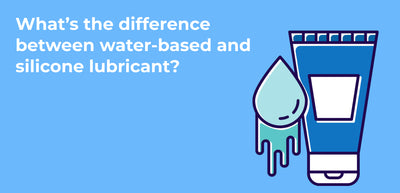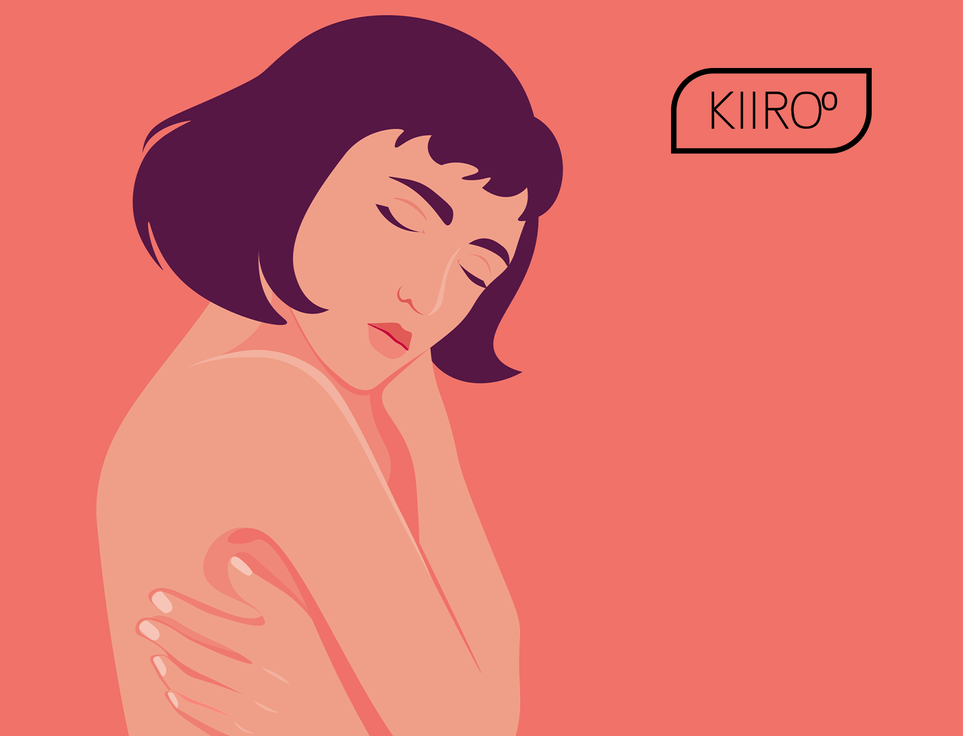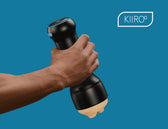What are some of the reasons and what to do about it
We’re all born with being able to orgasm, but why are so many women struggling to have one? The sad truth is that only 10 percent of women can orgasm with ease. The other 90 percent are left to put the pieces of the puzzle together. Some figure it out over time, and others probably never figure it out at all because this is something we are not taught about in sex ed.
The orgasm gap is often described as how often cis-gendered men and women experience orgasms during sexual encounters, especially for people who are heterosexual.
Can you imagine a life without orgasming? Though you may want to point fingers to men, just wait. In reality, there are a variety of factors that are preventing women from orgasming. To close the orgasm gap between men and women, we need to take a closer look at some of the reasons why women aren’t having orgasms.
There’s a lack of communication between sexual partners
Yes, sex is physical, but it’s more than two bodies humping each other. Sex and communication go hand-in-hand. Many women aren’t communicating their needs to their sexual partners which leaves them not experiencing an orgasm.
Your sexual partner cannot read your mind. They’re doing what they think you enjoy unless you tell them otherwise. You don’t need to give them an instruction manual, but you can point them in the right direction. Your partner’s goal should be for both of you to enjoy the sexual experience; the only way they can achieve this is through communication.
Orgasms start in the mind
Many women are frustrated they can’t achieve an orgasm. But they forget one important thing: orgasms begin in the mind. For example, if you’re stressed, insecure with your self-image, not enjoying intimacy with your partner, or anxious about work, these can all negatively impact your ability to have an orgasm.
Stress and anxiety are the most common reasons why women can’t orgasm. It’s crucial to discover what is causing stress and anxiety in your life. That way, by focusing on reducing your stress and anxiety, you improve your sex life and increase the chances of having an orgasm.
For example, if you’re overthinking and worrying about whether you’re going to orgasm or why you’re not orgasming, you’re not going to have an orgasm. These thoughts create anxiety and stress; instead, recognize these thoughts, and let them go. Remember, an orgasm starts in the mind. If you’re not in the moment, your sex life will be affected.
Medication is affecting libido
If you’re taking medication as a woman, you better read the side effects. The reason why women aren’t orgasming can be because of the medication they’re taking. Any prescription which causes prolactin levels to rise will reduce libido. If you’re on antidepressants, blood pressure medication, or birth control pills, it will affect your libido.
In addition, if you’re a woman going through menopause, your hormones are going through a big change. You may find yourself experiencing a low sex-drive which influences your ability to orgasm. If this is the case, see your doctor.
Women aren’t masturbating enough
How often do you spend time alone with yourself, exploring your body? Probably not much. However, the connection you have with your body affects your ability to orgasm with your partner. Masturbation revolves around imagination and relaxation of the mind.
While creating fantasies and letting go, you’re learning where and how you like to be touched. This helps you discover your erogenous zones. By knowing what sexually arouses you, it’s easier to communicate this to your partner. By knowing what you want, they’ll know as well.
Not enough foreplay
This is a big problem for most couples. Foreplay always seems to be thrown to the side; however, it’s one of the most important aspects of sex. Think of the vagina like a car in winter. You can’t start it up and immediately drive.
If you do that, the engine will fail. Instead, you turn the car on and wait for the engine to warm-up. This is exactly what needs to happen when it comes to sex.
Jumping straight into penetration isn’t going to help you achieve an orgasm. You need at least 15 minutes of foreplay to allow your vagina to become aroused and lubricated. If the vagina doesn’t become turned-on, stimulation of the clitoris will be uncomfortable and, at times, even painful.
Forgetting the clitoris
Speaking of the clitoris, this is one part of the vagina that goes highly unnoticed. In reality, most women do not orgasm through vaginal penetration.
Why? Because vaginal intercourse doesn’t stimulate the clitoris. This is why foreplay and oral sex can stimulate the clitoris, and get the clitoral orgasm you’ve been waiting for.
Clitoral stimulation can happen by using you or your partner’s hands, a vibrator, or even dry humping. This is really your best chance of having an orgasm. That being said, some women orgasm through nipple stimulation, anal stimulation, or through the g-spot.
Everyone is different, and this is why masturbation and communication with your partner are so important. You need to try things out, and let your partner know what feels good.
Having sex with the wrong sexual partner
Sex is mental and emotional. Yes, it’s physical as well, but if you’re not having sex with someone you’re attracted to, then you’re going to struggle with arousal. In other words, you won’t be able to self-lubricate. If you and your partner are going through some relationship difficulties; as a result, you may struggle with intimacy.
If you’re not enjoying the sexual encounters with your sexual partner, you’re not going to have an orgasm. This is where communication needs to come into play. Talking to your partner about your feelings, and seeing how you can find a solution.
Lack of lubrication
Though you know lubrication is essential for specific sex acts like anal sex, that doesn’t mean vaginal intercourse can go lube-free. But even though the vagina is self-lubricating, sometimes it’s not enough. If there’s not enough lube, sex can become dry, and painful.
In this case, there are two things you can do. Prolong foreplay, giving the vagina more time to warm-up or use store-bought lubricant. If a woman is going through menopause or using specific medication, then using a water-based lubricant will significantly help the situation.
Sex is an integral part of most of our lives. Most of us dream about the day we’ll have an orgasm. But that day is coming faster than you think.
Spend some time reflecting on your sex life, finding any missing holes that can be filled. Whether it’s a lack of lube or becoming more present during sex, these small changes can help you achieve an orgasm.
WRITTEN BY:
Natasha Ivanovic
Natasha Ivanovic is an intimacy, dating, and relationship writer best known for her writings on Kiiroo, LovePanky, Post Pravda, and more. She's the creator and author of her short stories on TheLonelySerb. She completed her first degree in Criminology and continued and finished her Masters in Investigative Psychology, but then decided to follow her true passion of writing.































